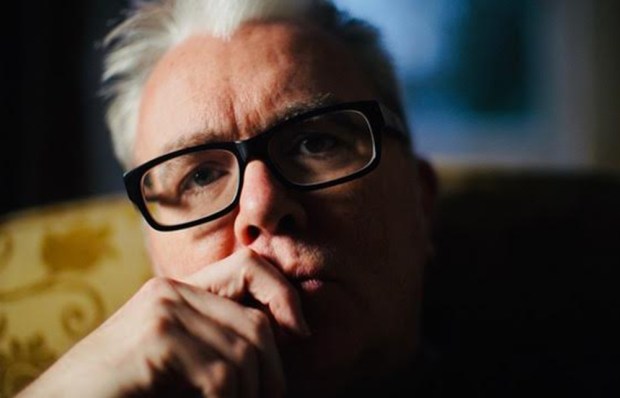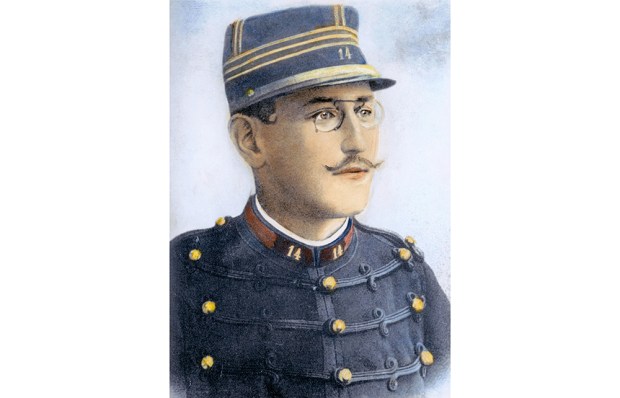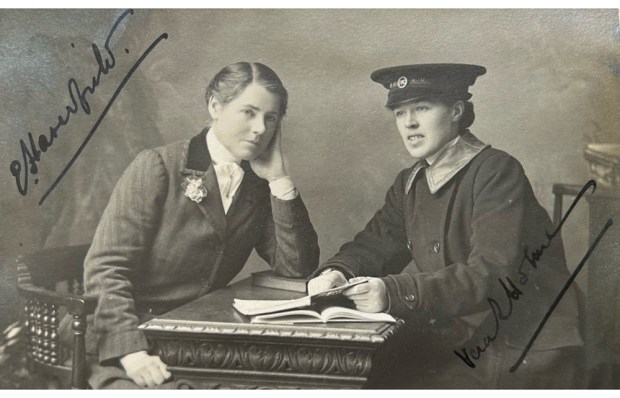Recent years have not been kind to the campaign for universal justice. The notion that some crimes are so serious that perpetrators should be hunted down and prosecuted irrespective of where the atrocities were actually committed has taken something of a beating since the International Criminal Court (ICC) opened for business in the Hague in 2002.
Just this August, William Ruto, a politician once charged with crimes against humanity by the ICC, was voted president of Kenya, wresting power from Uhuru Kenyatta, who had faced identical charges before the same court. A lawyer accused of witness-tampering in their cases then died in what looked very like a poisoning. So much for ending impunity for the ethnically targeted violence that swept Kenya after its 2007 polls.
The ICC itself has come under criticism for the fact that the overwhelming majority of those appearing in the dock are black Africans, while US, British and Israeli politicians who might arguably be held to account for ordering invasions, punitive operations or approving assassinations go free. Universal justice as currently practised, say its critics, is both racist and partial.
It’s a sobering narrative, but this book offers something of a corrective. It tells the story of how the late Hissène Habré, a Chadian dictator once cynically supported by France and the US, was successfully prosecuted for the summary execution and torture of thousands of his own citizens, becoming the first former head of state to be personally convicted for rape.
There was nothing swift or simple about the process. It took an astonishing 16 years of complex legal and diplomatic manoeuvring before the former president, living in luxurious exile in Senegal, was dragged kicking and screaming into a court.
Reed Brody, the author of To Catch a Dictator, was a young man lobbying for the establishment of an international court on behalf of the US group Human Rights Watch when the 1998 arrest in London of the retired Chilean strongman Augusto Pinochet galvanised the international human rights landscape, making possible what had once seemed out of bounds.
A meeting in a shabby Dakar hotel with Souleymane Guengueng, a Chadian torture survivor who had studiously documented the cases of 792 of Habré’s other victims, sowed the seeds of what became a personal obsession.
‘White saviour’ is nowadays used as a term of abuse. But while Brody is at pains throughout the book to cite the key role played by Chadian victims who flew to Dakar to testify, the Chadian lawyers who doggedly pursued the case and the Senegalese and Chadian politicians who eventually made it all possible, it’s clear that without his dog-with-a-bone determination the trial would probably never have happened.
Its natural venue would have been in Chad. But Habré’s usurper, President Idriss Déby, had been his army chief and had plenty of his own crimes to conceal. At one stage it looked as though the trial might be held in Belgium, but the African Union jibbed at the implication that the continent was not capable of punishing its own. As for Senegal, Habré had used his stolen funds to secure the support of the country’s powerful Muslim brotherhoods, and there was a strong lobby campaigning on his behalf.
A punchy storyteller, Brody takes the reader through what could all too easily have been a dry-as-dust account of fractious meetings, delayed court appearances and fruitless news releases at a brisk, invigorating pace.
In the end, regime change in Senegal and the appointment of a sympathetic justice minister paved the way for the establishment of an Extraordinary African Chambers in Dakar, which appointed a panel of African judges to hear the case. Brody writes: ‘An African court had found an African dictator guilty of atrocious crimes, including rape, thanks to a campaign mounted by his African victims.’
His book’s publication is timely, as Russia’s invasion of Ukraine has already triggered calls for an international tribunal to try war crimes being committed there, immediately raising the thorny question of where such a court would be located, and under whose aegis.
While the ICC – lumbering, expensive and a long way from the scene of the crime – represents a deeply unsatisfying manifestation of universal justice, that does not mean the notion itself is bankrupt, this account suggests. There will always be countries in no fit state to punish their own predators,and the world will always feel some obligation to help them.
Brody argues persuasively that the one-off, ad-hoc arrangement which brought Habré to book can serve as a model for future courts. In a little more than four years, on a budget of less than $10 million, the chambers delivered thousands of his victims a process that was fair, efficient and transparent. ‘Compare that to the International Criminal Court, which, in its first 18 years, secured only three final convictions of rebel warlords, not heads of state, spending$1.7 billion in the process,’ he writes.
Sentenced to life in 2016, Habré died of Covid five years later, contracting the virus, ironically, not in prison but in a private Senegalese clinic where Brody suspects he hoped to see out his term, constrained by nothing more annoying than an electronic bracelet. His victims are still waiting for their promised reparations.
The post The butcher of Chad who died in a private Senegalese clinic appeared first on The Spectator.
Got something to add? Join the discussion and comment below.
Get 10 issues for just $10
Subscribe to The Spectator Australia today for the next 10 magazine issues, plus full online access, for just $10.
You might disagree with half of it, but you’ll enjoy reading all of it. Try your first month for free, then just $2 a week for the remainder of your first year.














Comments
Don't miss out
Join the conversation with other Spectator Australia readers. Subscribe to leave a comment.
SUBSCRIBEAlready a subscriber? Log in